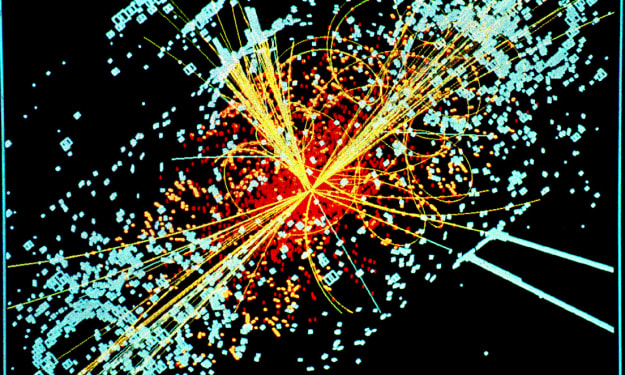The Future of Leadership: Can an AI-Generated President Lead a Country?
AI president possible? (AI's views)

Introduction
As artificial intelligence (AI) technology continues to advance and make its way into numerous sectors of society, a provocative question has arisen: Could an AI-generated president effectively lead a country? At first glance, the idea might sound like something out of a science fiction novel, but exploring its feasibility and implications could offer insights into the future of governance and leadership.
The Case for an AI-Generated President
Objectivity and Impartiality: One of the most significant advantages of an AI-generated president would be its capacity for objective decision-making. An AI system doesn't experience personal biases, emotions, or political affiliations, allowing for a potentially more impartial approach to governance. This objectivity could lead to decisions based purely on data and facts, without the influence of personal interests or political pressure.
Data-Driven Governance: AI's ability to process vast amounts of data is another compelling argument for its role in leadership. By analyzing massive datasets, an AI system could offer insights that would be nearly impossible for a human leader to obtain. This data-driven approach could lead to more informed policy decisions, improved resource allocation, and better predictions of potential outcomes.
Efficiency and Scalability: AI systems can automate many administrative tasks, streamlining processes and reducing bureaucratic delays. By handling routine tasks, an AI-generated president could free up valuable human resources to focus on more strategic and creative endeavors. Additionally, AI's scalability allows for constant operation without the need for rest or breaks, ensuring a consistent level of governance.
Consistency and Reliability: An AI-generated president would be immune to the common pitfalls of human leadership, such as fatigue, illness, or corruption. With a constant 24/7 presence, AI leadership could offer unparalleled consistency and reliability in governance.
The Case Against an AI-Generated President
Lack of Human Judgment and Empathy: While AI can process data and make objective decisions, it struggles to understand the subtleties of human emotions and social contexts. Empathy and human judgment are crucial qualities for a leader, as they provide the necessary context to understand and respond to the needs of the people. Without these qualities, AI leadership could lack the emotional intelligence required for effective governance.
Accountability and Transparency: The decision-making processes of AI systems can be complex and challenging to understand, leading to issues with accountability and transparency. If the public doesn't understand how decisions are made, it can erode trust in the AI-generated leadership. Moreover, without clear accountability, it becomes difficult to hold AI leadership responsible for its actions.
Ethical Considerations: AI systems are not immune to biases, especially if the data they are trained on contains inherent biases. Furthermore, the values and ethics guiding AI decision-making might not align with those of the general population. This misalignment could lead to ethical issues, including discrimination or unfair treatment of certain groups.
Security Risks: An AI-generated president would be susceptible to cyber attacks, data breaches, or manipulation by malicious actors. These security risks could compromise the integrity and safety of the leadership, leading to severe consequences for national security and public trust.
Conclusion
The concept of an AI-generated president raises intriguing possibilities, but significant challenges and risks must be addressed before considering its feasibility. While AI offers substantial potential for enhancing governance through data-driven insights and automation, the human aspects of leadership—such as empathy, accountability, and ethical judgment—are still crucial.
Given these complexities, AI should be viewed as a tool to support and augment human leadership, not replace it. The future of governance will likely involve a collaborative approach, where AI complements human strengths while human leaders provide the necessary context, empathy, and oversight. This harmonious integration of AI and human leadership could offer a more balanced and effective approach to governance, where technology serves as an enabler rather than a replacement..Start writing...
About the Creator
Johny Richardson
Startriting





Comments
There are no comments for this story
Be the first to respond and start the conversation.